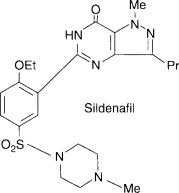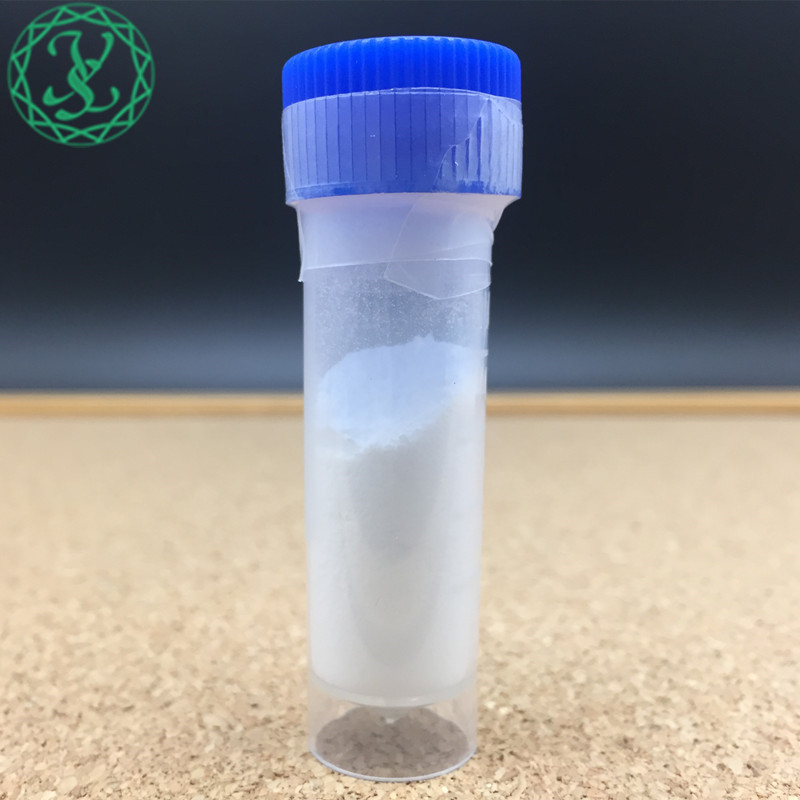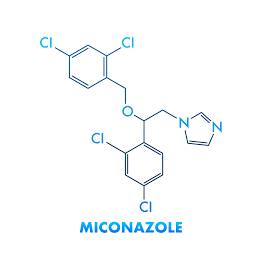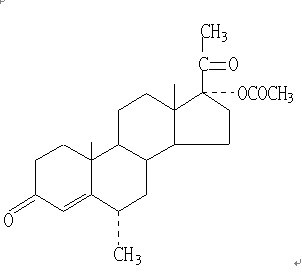Reviva Pharmaceuticals, Inc. (Reviva), a privately held, clinical stage pharmaceutical company, today announced that the U.S. Food and Drug Administration (FDA) has granted Orphan Drug Designation for its clinical stage drug candidate, RP5063, for the treatment of idiopathic pulmonary fibrosis (IPF).
"Obtaining the Orphan Drug Designation is a significant regulatory milestone as well as a notable achievement for Reviva, since it validates the significant therapeutic potential of RP5063 for the treatment of IPF," said Laxminarayan Bhat, Ph.D., Founder, President and CEO of Reviva. "IPF is a devastating disease with limited treatment options and no cure. RP5063, however, provides a novel mechanism of action that has the potential to impact multiple aspects of this disease and, combined with convenient delivery options, RP5063 affords hope to many patients suffering from this debilitating disease."
RP5063 has shown robust efficacy in highly recognized translational animal models proven to emulate pulmonary fibrosis in humans. RP5063 significantly improved survival rate, reduced inflammatory cytokines and tissue scarring (fibrosis) in the lungs of bleomycin-induced pulmonary fibrosis animal model, indicating the potential for clinically meaningful improvement and stabilization of lung function. IPF and pulmonary arterial hypertension (PAH) are fatal lung diseases that share some common pathophysiology. Recently, the FDA has also granted Orphan Drug Designation to RP5063 for the treatment of PAH. Thus, Reviva is planning to initiate phase 2 clinical trials for IPF and PAH in the very near future.
The FDA's Orphan Drug Designation is granted for investigational drugs that treat a rare disease or condition affecting fewer than 200,000 patients in the U.S. With the orphan designation, Reviva qualifies for various incentives including FDA assistance in clinical trial design, tax credits for clinical trial costs, an exemption from the FDA user fee and seven years of market exclusivity in the United States from when market approval is granted.
About Idiopathic Pulmonary Fibrosis (IPF)
IPF is a progressive, debilitating and fatal disease that affects approximately 3 million people worldwide, and 150,000 people in the United States with approximately 48,000 new cases diagnosed annually.
The term "idiopathic" is used in the name of the disease because the primary cause of pulmonary fibrosis is yet unknown. IPF, however, is characterized by inflammation and fibrosis of the lungs, hindering the ability to process oxygen and causing shortness of breath. Since IPF is a progressive disease, lung scarring (fibrosis) and related respiratory symptoms increase in severity over time with a median survival time from diagnosis of two to five years and a five-year survival rate of approximately 20 percent. Currently, the treatment options are limited and there is no cure.
About RP5063
RP5063, is a new chemical entity (NCE) with a novel mechanism of multimodal modulation of serotonin and dopamine signaling pathways. Whilst dysfunctional serotonin (5-HT) signaling in the brain contributes to the pathophysiology of neuropsychiatric and neurological diseases, in the lung it leads to pulmonary fibrosis (PF) and pulmonary arterial hypertension (PAH). Serotonin signaling involving the 5-HT2A/2B/7 receptors of the lung has been reported to mediate vasoconstriction, vascular remodeling, and vascular inflammation, fibrosis and proliferation that are all hallmarks of PF and PAH. RP5063, is a potent inhibitor of the 5-HT2A/2B/7 receptors and, consequently, attenuates these functional changes in a series of well recognized, state-of-the-art, translational animal models proven to emulate PF and PAH conditions in humans.
Reviva has already successfully completed a multicenter, multinational phase 2 clinical study for RP5063 in patients with schizophrenia and schizoaffective disorders where it demonstrated robust efficacy with remission in acute schizophrenia and promising efficacy for comorbid negative, cognition, depression and mood symptoms. Moreover, RP5063 showed an excellent safety and tolerability profile compared to placebo with no weight gain, metabolic, cardiac or movement side effects, which resulted in good acceptance and compliance. It also had a highly acceptable and predictable pharmacokinetic profile. Data from preclinical and clinical studies with RP5063 are currently available in several published research articles in peer reviewed journals
Register as Visitor to CPhI China 2018!





 ALL
ALL Pharma in China
Pharma in China Pharma Experts
Pharma Experts Market News
Market News Products Guide
Products Guide Brand Story
Brand Story



























 Pharma Sources Insight January 2025
Pharma Sources Insight January 2025








